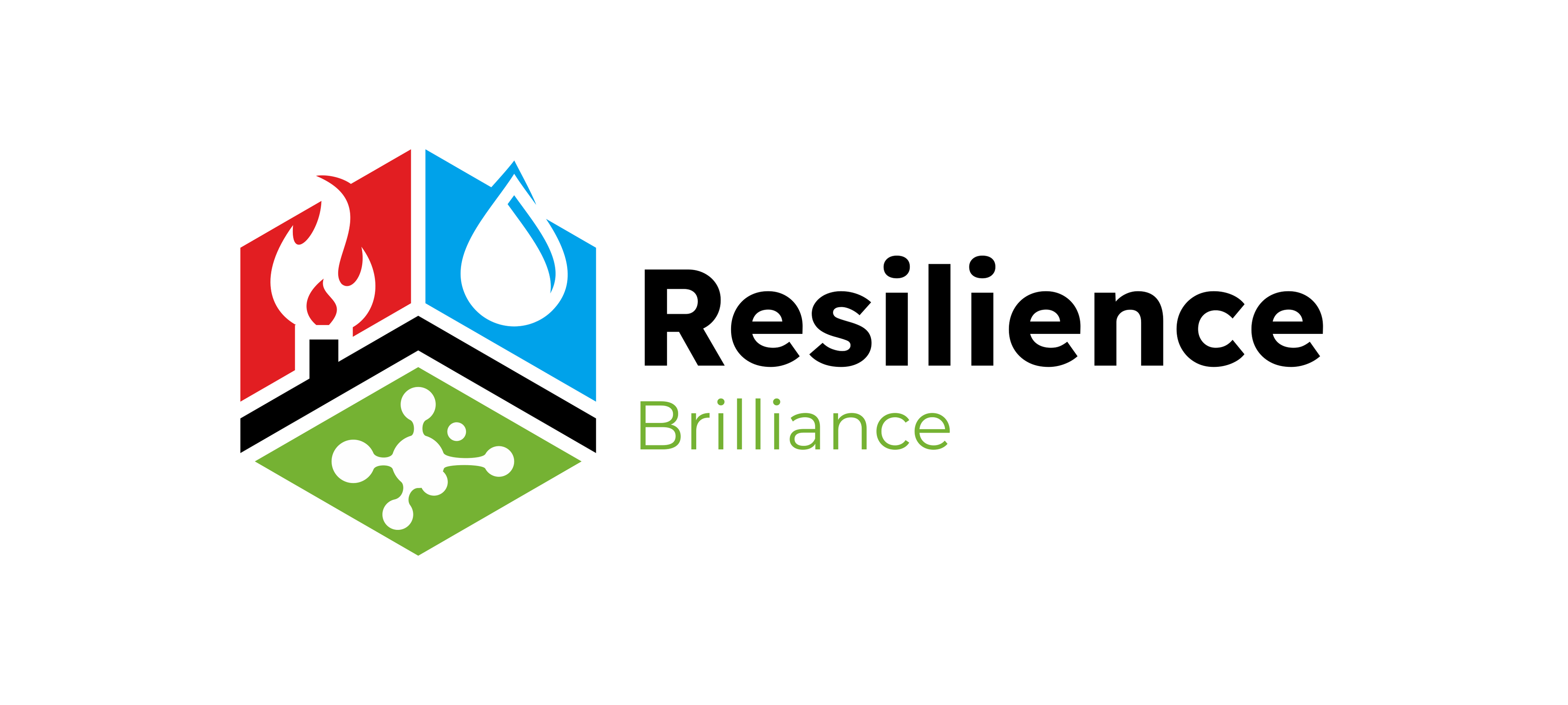
A brilliant way of ensuring resilience
Resilience and disaster-affected communities
Disaster resilience is the ability to withstand, adapt to, and recover from the impacts of a disaster. It includes anticipating and resisting the effects of a disaster, minimising impacts, responding effectively, maintaining functionality, and adapting to learn and thrive. It is about being prepared, “bouncing back”, and emerging stronger.
More deeply, disaster resilience has some key aspects:
Anticipation and Prevention: Understanding and mitigating risks before they occur.
Resistance: The ability to withstand impacts.
Response: Taking effective and fast action to protect people and minimise damage.
Recovery: Restoring normality and rebuilding.
Adaptation: Learning from experiences and using that knowledge to make changes to improve preparedness for future disasters.
Capacity: To cope with a disaster's consequences and improve its ability to manage in the future.
Collective Responsibility: Collaboration among all involved.
Resilience Brilliance draws on the accepted definition (and its elements), and the skills, knowledge, experience and industry partners to help people communities become more resilient through practical training, education seminars, online and community events, and providing direct one-on-one support.
Resilience and volunteers
Resilience is essential for disaster recovery volunteers – volunteers being the backbone during crises and emergencies, facilitating social connections, contributing to the development of social capital, and improving access to supports and services. Resilient volunteers are better equipped to handle the stress and challenges of disaster response and recovery, enabling them to contribute to community well-being and support local efforts effectively. Resilience is also crucial for the mental health and well-being of individuals themselves. However, disaster frameworks do not consistently include support and planning for volunteer involvement.
Why is resilience important for disaster recovery volunteers?
Problem-Solving and Adaptability: Disasters often present unexpected challenges and require unique and flexible responses. Resilient individuals are more adaptable, resourceful, and can find creative solutions to overcome present obstacles.
Maintaining Hope and Motivation: Recovery efforts can be long and arduous. Resilient individuals can better maintain hope, persevere through difficulties, and stay motivated to support their communities.
Supporting Community Recovery: Resilient volunteers can effectively engage with communities, build trust, facilitate recovery, and help communities develop their resilience strategies.
Ensuring Volunteer Well-being: Prioritising resilience is also crucial for the well-being of volunteers themselves. Providing support, training, and opportunities for self-care can help prevent mental health issues and ensure that volunteers can continue contributing effectively.
Emotional Regulation: Disaster recovery work can be emotionally challenging, exposing volunteers to trauma, loss, and difficult situations. Resilience helps individuals manage their emotions, prevent burnout, and maintain their ability to provide support.
Combining the above with the changing demand for volunteer roles, where formal volunteer roles are becoming more difficult and demanding as disasters grow more severe, it is consequential that volunteers involved in disaster response and recovery require more comprehensive support, including specialised training. Further, demand for more flexible, self-directed, and cause-driven volunteers is also increasing. These include skills-based, virtual, spontaneous, informal and episodic volunteer roles. This includes areas in which disaster.org.au is involved – response and recovery, environmental, mental health, social services, animal welfare, and reconstruction activities. Supporting these volunteers requires consistent investment in training, platforms and management.
This is where Resilience Brilliance through Disaster Academy is crucial for our organisation—training and equipping our valued volunteers to respond in educated, purposeful, and practical ways and ensuring they’re also cared for when dealing with what is often a crisis.
Resilience Brilliance – relevant, skills-based, mindful and safe training designed for those exposed to disaster and those responding to help recover.
